Mark Pettit, COO at VJ Technology, discusses the future of transformative autonomous shopping
The retail sector is constantly evolving, using advanced technology to enhance the customer experience, create cost savings and operational efficiency and support scalability and flexibility.
The concept of ‘autonomous retailing,’ which refers to retail systems where much or all of the traditional human element - from cashiers to inventory management - is replaced by technology, isn’t exactly new. Its roots can be traced back to the invention of vending machines which embodied a simple form of automated, unmanned retail.
In the mid-20th century, the rise of self-service supermarkets changed shopping habits, although they still relied on human cashiers and innovations such as barcode scanning in the 1970s began laying the groundwork for further automation. The introduction of radio frequency identification (RFID) in the late 20th century enabled more efficient inventory tracking and loss prevention. Coupled with emerging Internet of Things (IoT) technologies, these systems began to transform retail management.
Today, autonomous retailing continues to evolve as AI, robotics, and data analytics advance and in recent years, retailers have experimented with stores that are entirely autonomous. A good example is Amazon Go which launched in 2018 with stores that used a combination of computer vision, sensor fusion, and deep learning to track what customers pick up and automatically charges them upon exit - eliminating the traditional checkout process.
Unfortunately, despite initial traction, Amazon failed to make this a successful venture in part due to the rising cost of retail leases and the established and highly competitive grocery market - rather than the concept. In fact, Amazon is now focusing on licensing its Just Walk Out technology to other retailers and venues, such as airports and stadiums.
The retail industry in the UK has been facing a number of challenges over the year with the demise of the high street which has been exacerbated by rising costs across the board as shop owners struggle to afford staff particularly following the increase in national insurance and minimum wage.
Add on increased competition from the Far East, the move to e-commerce, the consumers’ desire for 24/7 convenience and the cost-of-living crisis and it paints quite a bleak picture. Could autonomous retail innovations be the answer?
At VJ Technology we believe it can. We had originally developed a fulfilment platform though our software division Sellfware Technology called Opus to support the Group’s award winning iStore product. The secure by design VJ iStore brings a warehouse to any construction site (literally) in bespoke modular shipping containers to act as vending machines, so fast paced infrastructure projects can be fed a constant supply of their most used products that can be clicked and collected in a matter of minutes directly on-site at the point of need.
This is now being successfully rolled out at construction sites throughout the UK and so the team was tasked with looking at other applications for the fully patented software. Following significant Group investment Opus has now been further developed as an autonomous product management platform that enables 24/7, staff less Click and Collect retail environments, transforming existing stores and spaces.
Our solution provides a number of key benefits empowering customers to click, pay and pick anytime, day or night whilst maintaining secure access with complete control and security of inventory remotely with robust security measures. It integrates seamlessly with existing retail infrastructure and ordering systems. In addition, it cuts carbon emissions and enables organisations to create new pop-up locations with ease.
We believe that autonomous shopping is the next big thing in retail - following on from Click and Collect and parcel lockers. For customers it is all about convenience and they want to shop when it suits them, often outside normal opening hours. Staffing this can be costly and prohibitive for retailers and using Opus, stores can be operated without staffing.
It can also help prevent the demise of the high street as e-commerce and bricks and mortar retail converge, with autonomous technologies like Opus helping blend online efficiencies with physical shopping experiences, creating omnichannel retail models. In simple terms Opus gives retailers full control to secure, supply or sell products in a variety of engaging customer journeys.
The future of autonomous retailing in the UK is poised to be a transformative force in the way consumers shop and businesses operate. The future likely involves a gradual integration of autonomous elements into traditional retail environments and we can expect a phased adoption where technology augments the shopping experience.
The UK’s vibrant tech ecosystem and progressive retail landscape make it an ideal testing ground for new ideas like these. As the technology evolves, we may see an entirely new retail format emerge - one where physical stores operate with minimal human intervention, reshaping customer service, supply chains, and shopping as we know it.








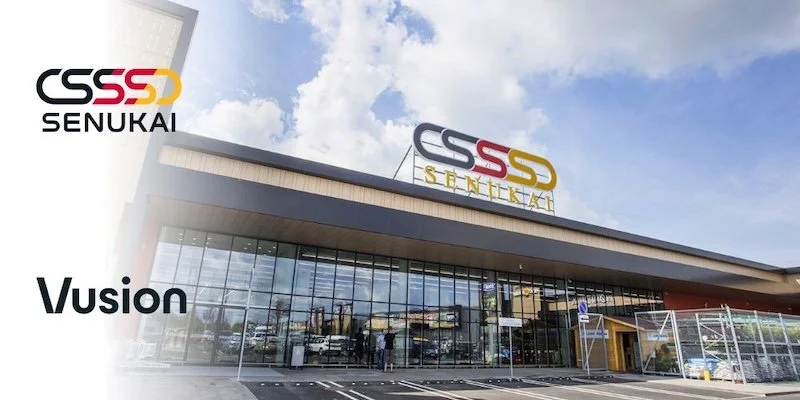



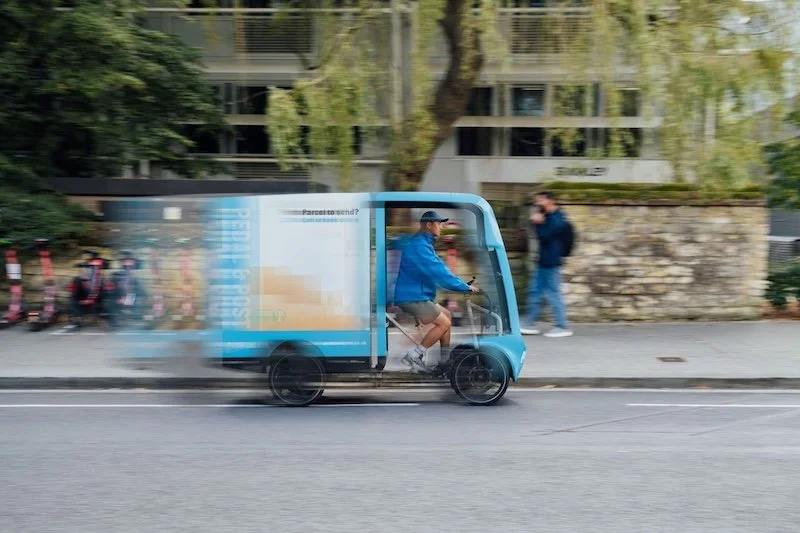

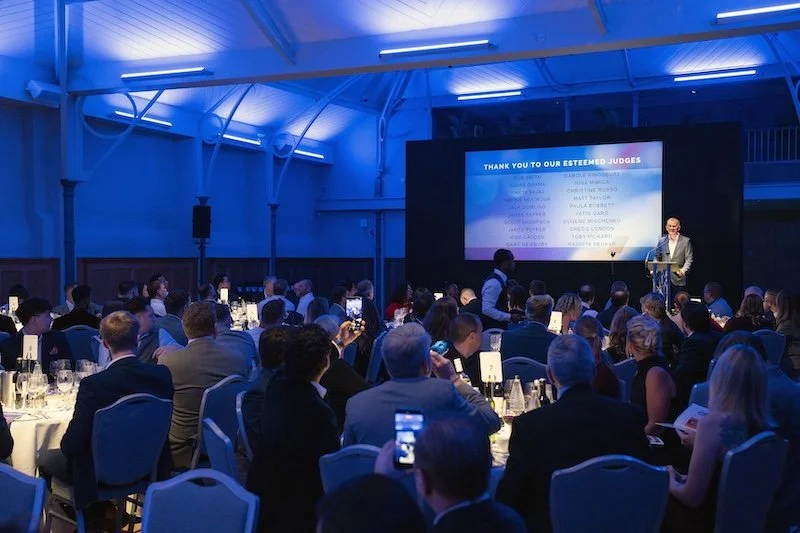

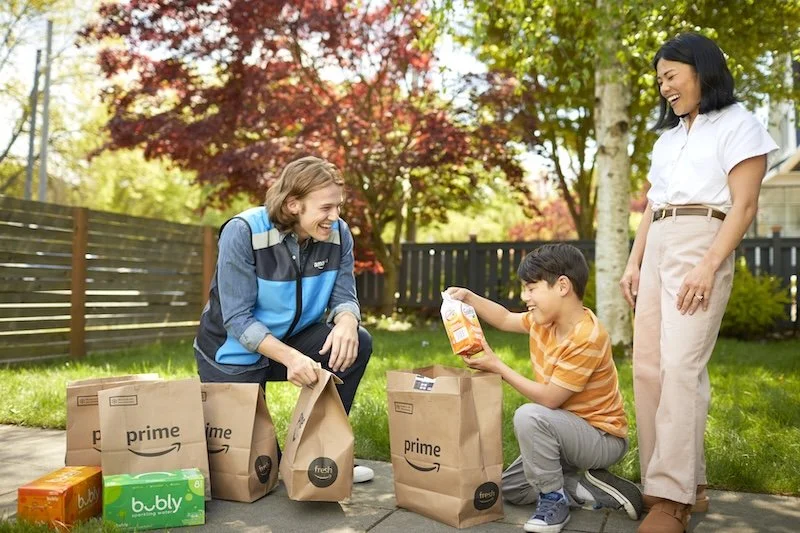
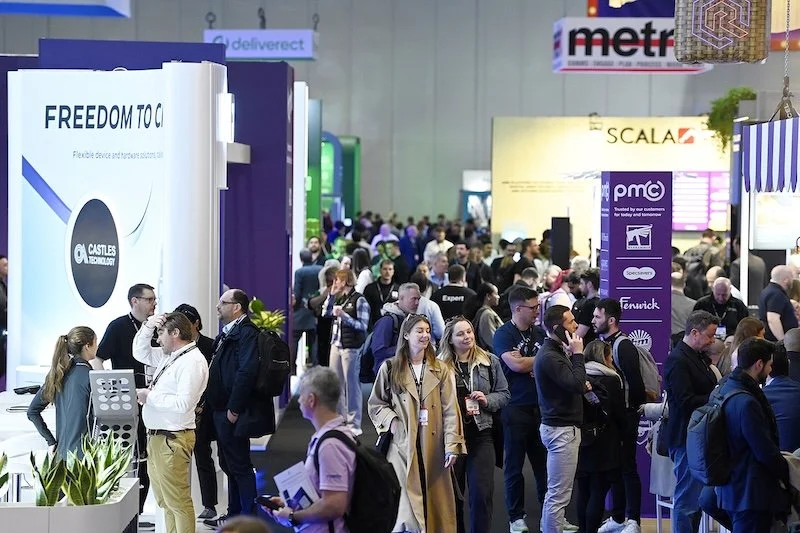



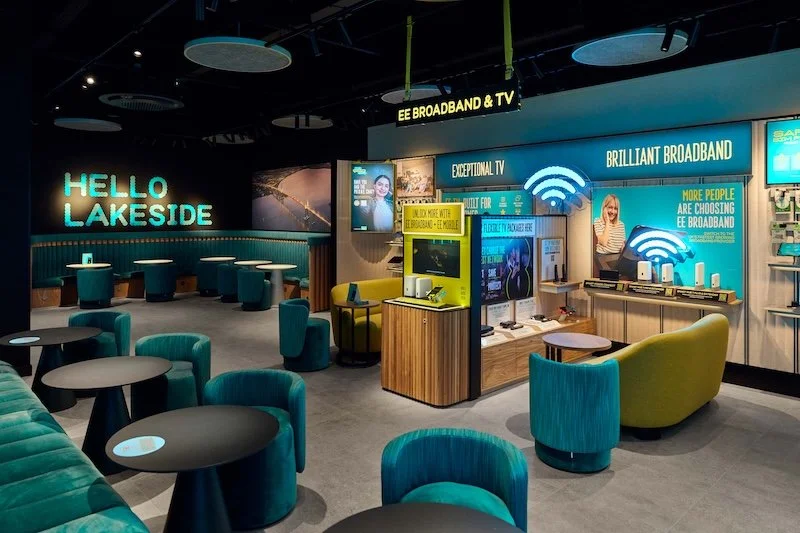




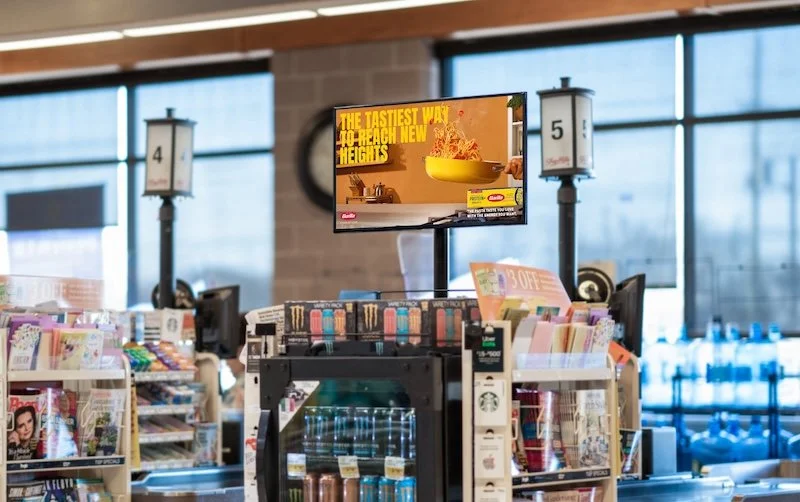



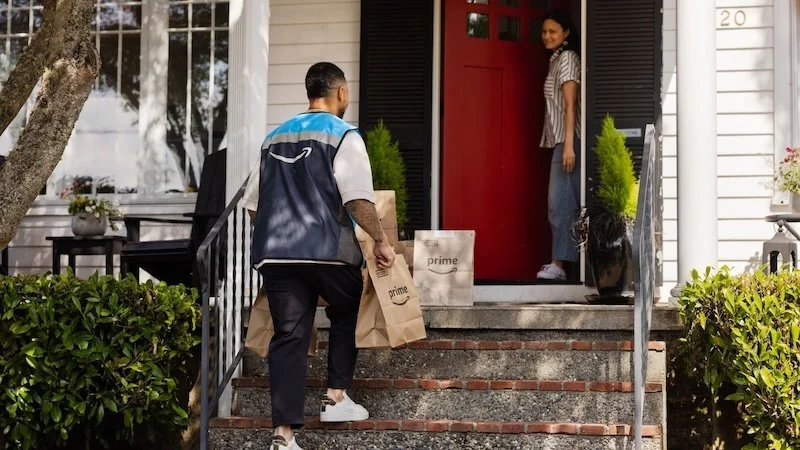

Continue reading…